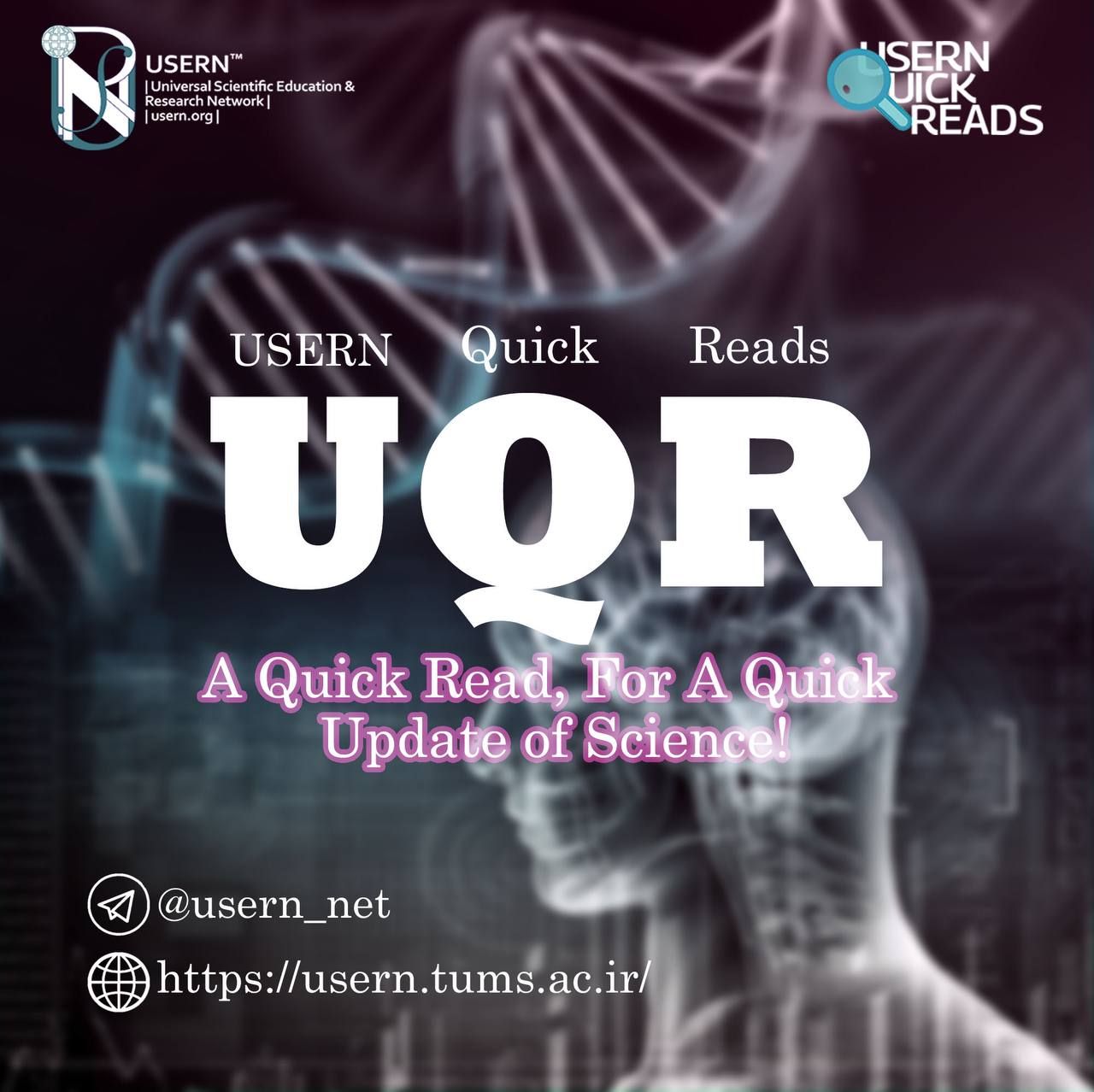Quick Reads
Wisdom In A Complex World

What Could Be More Complex Than Wisdom? The Psychological Process of Right Reasoning. Self-distancing and Ego-Decentered Mindset Facilitates Wise and Less Biased Reasoning. USERN Laureate Professor Grossman Explains Ways to Reach Wisdom in a Complex World, In This Brand New UQR#7…
Wisdom in a Complex World
What could be more complex than wisdom, at least in psychology? Looking at the refugee crisis in Europe, the trade war currently ongoing between china and USA, the rising sinophobia, political polarization, the climate change, and rise of incivility that is happening in various parts of the world, all state the obvious: that we have a much complex world that we had many years ago! We are also living in a world where there is more knowledge in it than ever. If you put it this way, the amount of world knowledge doubled every hundred years, now it doubles every twelve hours. Not only, we have more knowledge now than ever before, but we have economic growth higher than ever before. In fact according to the Brook institute there are more people in the middle class that are becoming wealthier for the 1st time in history. We might think the knowledge is enough to solve the problems but in fact there is not enough knowledge to solve these uncertainty and has several limitations. Scientists have shown that smarter people are less likely to be happy, and more likely to be biased. Intelligence helps you to generate more arguments to support your position and the more you generate the more likely you are to convince yourself that your position is right. That is independent of the truthfulness of your idea. So their intelligent doesn’t prevent them from confirmation bias.
Interestingly, thinking and use of a foreign tongue creates greater emotional distance and allows for less biased reasoning
So maybe rationality would help? Rationality assume that there is some kind of algorithm to get to optimize the answer according their utility and based on the situation, but what if you don’t know what your preferences are and what about situations that are not well-defined? Complex problems? The principal of "pursuit self-interest" is another issue with rationality. But over the years we have found that human beings do not always peruse their own interest but sometimes they sacrifice themselves for the benefit of a larger group or society or norm that may not benefit themselves in the moment.
Apparently knowledge and rationality are not enough in face of the situations in this uncertain world…
Some people suggest that we should look beyond of knowledge. Like Alfred Norton Whitehead said that knowledge does not keep any further better than fish! We need some epistemic and moral ideas beyond knowledge that cultivate flexible pursuit and handling of knowledge. We need wisdom.
So what is wisdom? You can define wisdom based on what Aristotle said, is the idea of a good life. You can define it based on the outcome which gives it a post hoc meaning: concrete solutions to specific problems. Now as a psychologist I prefer a midrange explanation. I ask how and what? What is wisdom other than the psychological process that gets you to make a sound decision in many circumstances, but not all!
Follow up this mind-blowing UQR#7 by USERN Advisory Board Member and USERN Prize Laureate in 2018, Professor Igor Grossman, in the next few articles…
Reference: https://uwaterloo.ca/complexity-innovation/events/wici-talk-igor-grossmann
